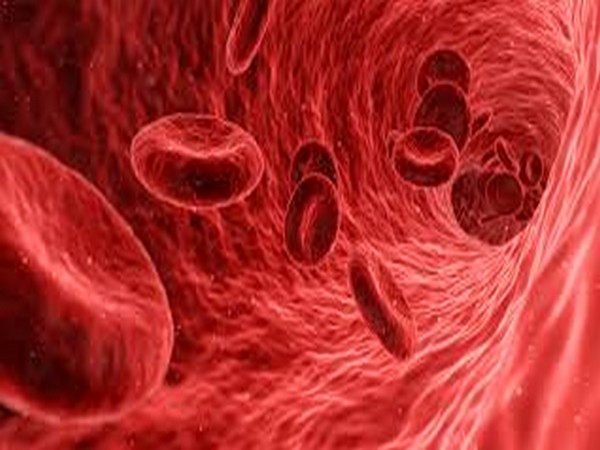More Than A Third Of Patients On Blood Thinners Take OTC Products That Can Cause Dangerous or Fatal Interactions.
Source: Thailand Medical News Oct 29, 2019 5 years, 5 months, 4 weeks, 7 hours, 40 minutes ago
More than 33 percent of people prescribed direct-acting
oral anticoagulants such as
apixaban used over-the-counter products that could cause dangerous
internal bleeding. People on these medications largely lacked knowledge of some potentially serious interactions.

Direct-acting
oral anticoagulants are the drug of choice for stroke prevention in patients with
atrial fibrillation, (a heart rhythm disorder) which occurs most frequently in older patients.
Apixaban is one of the most frequently prescribed. Others include dabigatran, rivaroxaban, and edoxaban.
In
atrial fibrillation, electrical impulses in the upper chambers of the heart are chaotic, causing the heart muscle to quiver rather than contracting normally. As a result, blood doesn’t flow smoothly through the heart. This can lead to the formation of clots that can then travel through the arteries to the brain.
However, most people prescribed
apixaban or other direct-acting
oral anticoagulants are not followed in specialized anticoagulation clinics or monthly by health care professionals. As a result, these people may not be aware of potential drug interactions.
The researchers studied 791 patients from who had been prescribed
apixaban, (one of several newer blood thinners known as NOACs (non-
vitamin K antagonist oral anticoagulant) about their knowledge of potential interactions between the drug and over-the-counter supplements. They were asked about how often they took aspirin, ibuprofen/naproxen, and acetaminophen, and 13 common dietary supplements, including Chinese herbs, various fish oils, ginger and herbal teas, while also taking apixaban. Almost all of these patients used over-the-counter medicines, and 33% of them took at least one nonprescription drug daily or most days of the week with the potential to cause dangerous side effects when combined with
apixaban.
Dr. Derjung Tarn of the David Geffen School of Medicine at UCLA, coauthor commented in an interview with
Thailand Medical News, “New OTC products are constantly being adopted by patients. This study demonstrates that patients have limited knowledge about potential serious interactions between OTC products and
apixaban.”
Limitations
to the study included a low response rate (33%), self-reported data, which can be unreliable due to faulty memories, and the researchers focused on a limited number of dietary supplements.
Because such a large number of people lack knowledge of these interactions, there is a need to educate patients and healthcare providers about the dangers that these combinations may pose. In addition, data are needed on outcomes in people combining
apixaban and over-the-counter products.
Aspirin was the most commonly used nonprescription treatment in the study, and almost two-thirds of people on aspirin also took at least one other over-the-counter medicine with the potential to increase the risk of bleeding when mixed with
apixaban.
Many people are also unaware that turmeric, ginseng and also certain herbs can interfere with the
oral anticoagulant meds and cause dangerous or fatal consequences.
The study is published in the
Journal of the American Geriatrics Society.
Reference: Prevalence and Knowledge of Potential Interactions Between Over‐the‐Counter Products and Apixaban, Derjung M. Tarn MD, PhD, Maureen Barrientos BA ,Angel Y. Wang BA ,Abhijit Ramaprasad, Margaret C. Fang MD, MPH, Janice B. Schwartz MD First published: 28 October 2019 https://doi.org/10.1111/jgs.16193
